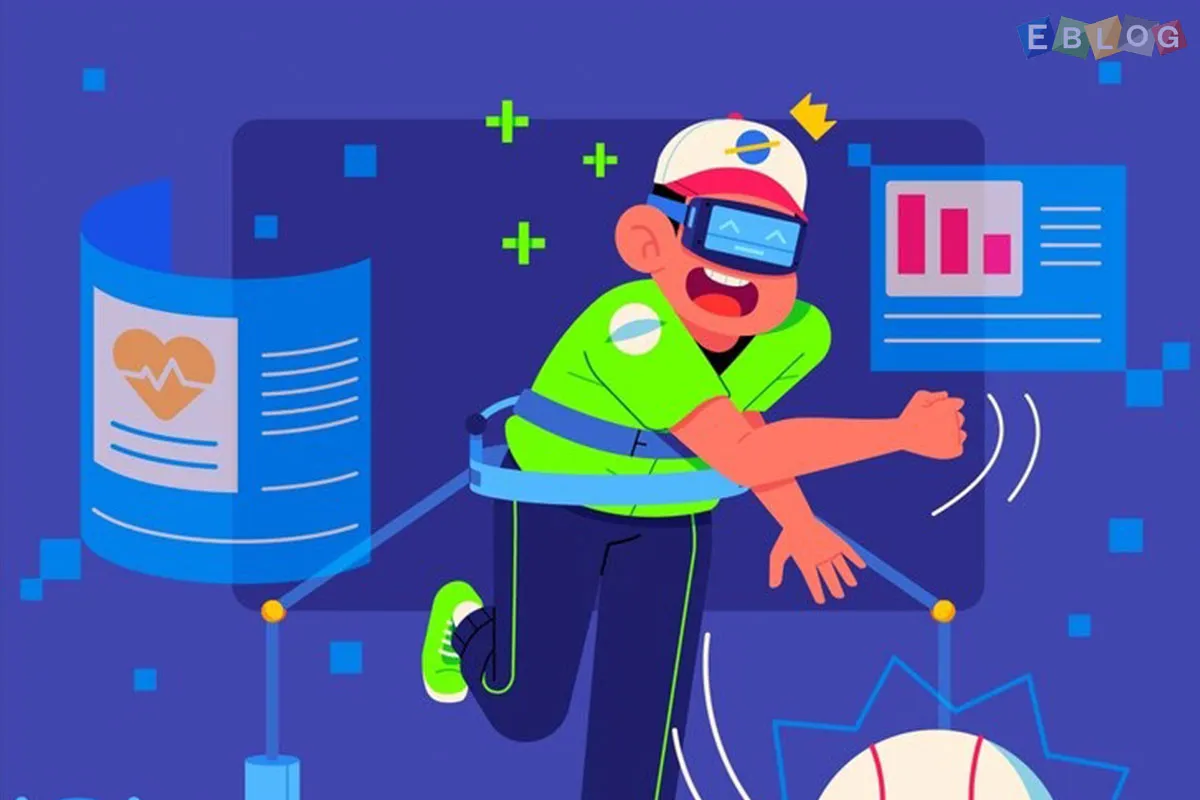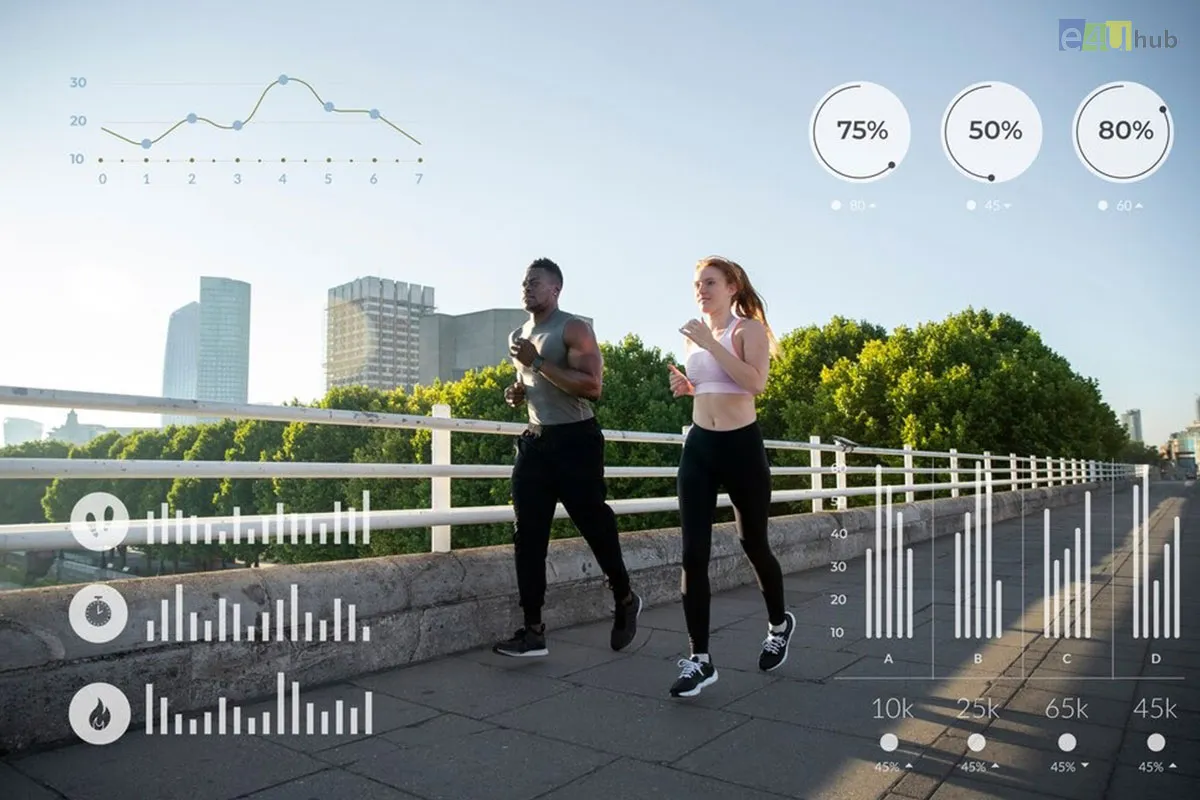
The Impact Of Technology On Modern Sports Training
In the dynamic arena of modern sports, where every millisecond counts and every ounce of performance improvement matters, technology stands as a game-changer. From professional athletes to amateur enthusiasts, the integration of cutting-edge technology has revolutionized the landscape of sports training, ushering in an era of unprecedented innovation and efficiency.
1. Evolution of Sports Training
Gone are the days when training primarily relied on traditional methods like repetitive drills and subjective feedback. Today, technology has woven its way into every aspect of sports training, offering data-driven insights, personalized coaching, and real-time performance analysis. This evolution has not only enhanced the effectiveness of training programs but has also redefined the boundaries of human potential in sports.
2. Precision Performance Analysis
One of the most significant impacts of technology on sports training is the ability to collect and analyze vast amounts of data with unparalleled precision. Advanced sensors, wearables, and tracking devices now provide coaches and athletes with comprehensive metrics on various aspects of performance, including speed, agility, endurance, and technique.
For instance, wearable devices such as GPS trackers and accelerometers offer real-time data on an athlete's movement patterns, allowing coaches to optimize training routines for maximum efficiency and injury prevention. Similarly, biomechanical analysis systems can break down an athlete's technique frame by frame, enabling precise adjustments to improve performance and reduce the risk of injury.
3. Personalized Training Programs
Technology has also democratized access to personalized training programs, catering to the unique needs and goals of individual athletes. With the advent of AI-powered coaching platforms and virtual training assistants, athletes can now receive customized workout routines and feedback tailored to their specific strengths, weaknesses, and performance objectives.
These AI-driven systems analyze data from training sessions, competitions, and physiological markers to provide actionable insights and recommendations for improvement. Whether it's refining a golf swing, perfecting a tennis serve, or optimizing sprint mechanics, technology enables athletes to fine-tune their skills with unparalleled precision and efficiency.
4. Immersive Simulation and Visualization
Advancements in virtual reality (VR) and augmented reality (AR) have further revolutionized sports training by offering immersive simulation environments and enhanced visualization tools. Athletes can now experience realistic game scenarios, practice drills, and strategic simulations in virtual environments that mimic the intensity and pressure of live competition.
Through VR and AR training modules, athletes can enhance their decision-making skills, spatial awareness, and situational intelligence in a controlled and repeatable setting. From quarterback reads in football to tactical formations in soccer, these immersive technologies provide a safe and effective platform for honing cognitive abilities and game-specific skills.
5. Closing Thoughts
In conclusion, the impact of technology on modern sports training cannot be overstated. From precision performance analysis to personalized coaching and immersive simulation, technology has transformed the way athletes prepare for competition, pushing the boundaries of human performance to new heights.
As we look to the future, the integration of emerging technologies such as artificial intelligence, machine learning, and biometric sensing promises even greater advancements in sports training methodologies. By harnessing the power of innovation, collaboration, and data-driven insights, we can continue to unlock the full potential of athletes and elevate the standard of excellence in sports worldwide.







Leave a Reply